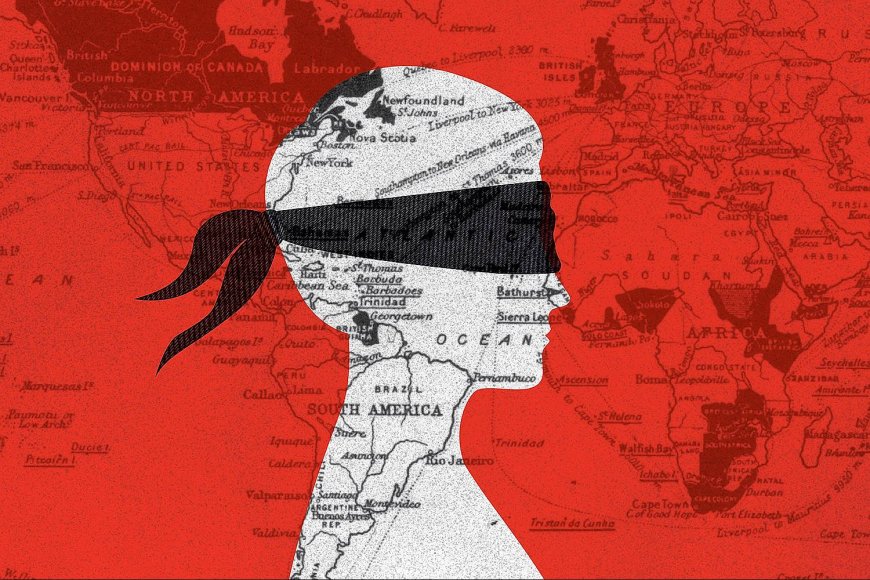Women's rights: An instrument for Western colonial ambitions?

During the last three decades, when colonialists led by the United States seek to invade a nation whose policies do not align with their own, they first analyse women's rights, among other considerations. They accuse independent nations of wrongdoing and use their media propaganda to turn the public against them.
The United States continues to flagrantly accuse the Islamic Emirate in Afghanistan of breaching the rights of women; Biden recently addressed this matter before the General Assembly of the United Nations. Also, in a press conference, the spokesperson for the US Department of State, Ned Price, described the Islamic Emirate's mandate that women wear a headscarf as a violation of human rights.
In reality, the United States and its allies not only disregard the rights of women but actively employ them to subjugate their enemies. According to a recent study, the United States ranks third in the world in terms of rapes of women. Moreover, one in three American women has experienced sexual assault at some point in their lives. Despite this, 68% of sexual assaults go unreported, and 98% of offenders are not incarcerated.
Taylor Rossi, an activist for rape victims, says that rape probes are being hampered and rape victims' complaints are being ignored not just by the President and the Senate Judiciary Committee but also by police and criminal investigative agencies, which is why these crimes have risen. In addition, according to the 2020–2021 reports of the US Military Academy, one in four female military personnel had experienced sexual assault while on duty.
Despite the passing of the Equal Pay Act around fifty years ago in the United States, women continue to earn less than males. If men are paid $1 per hour on average, women are paid 80 cents. Thus, women earn $9,900 less a year than men. The American Institute for Women's Policy Research (IWPR) predicts that this legislation will be fully implemented by 2059, erasing the vast gap between men's and women's rights.
Furthermore, according to a survey conducted in 2022, the United States has the biggest number of female convicts in the world, at 231,000. Hence, 33 out of every 100 American women are imprisoned, where they have limited access to health care, their human rights are infringed upon, and the average distance between the jail and the convict's home is 160 miles, preventing them from visiting their relatives.
When Malala Yousafzai, a Pakistani advocate for women's education, was wounded in an assault by armed opposition in 2012, Western governments and the media rallied in her favour to the degree that she was awarded the Nobel Peace Prize in 2014. Another Pakistani girl named "Nabila Rehman," whose grandmother was brutally murdered by a U.S. drone in 2012 and whose sister was seriously injured, journeyed to Washington for a speech to the House of Representatives; however, only five of the 430 congressmen were present, and the issue did not receive any media coverage.
The different reactions of American authorities and western media to these two instances illustrate that the topic of women's rights frequently serves political ends. Hence, he focused on Malala while ignoring Nabila Rahman's story, which could expose the atrocities of US troops to the world and Americans.













































